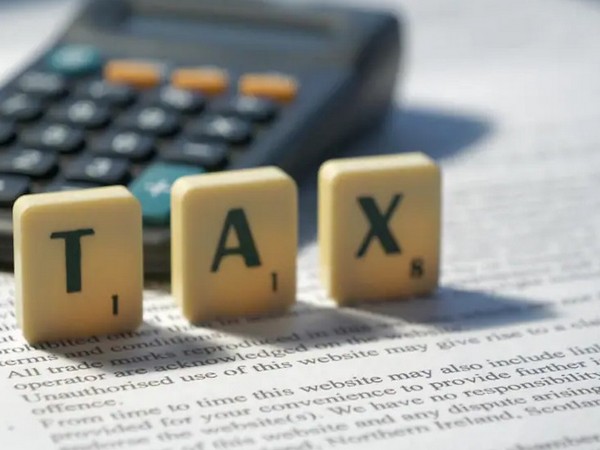The World Health Organization (WHO) has launched a major new initiative urging countries to raise real prices on tobacco, alcohol, and sugary drinks by at least 50% by 2035 through health taxes in a move designed to curb chronic diseases and generate critical public revenue. The “3 by 35” Initiative targets tobacco, alcohol, and sugary drinks to boost health and development funding.
According to the WHO, the consumption of tobacco, alcohol, and sugary drinks are fueling the NCD epidemic.
“Health taxes are one of the most efficient tools we have,” said Dr Jeremy Farrar, Assistant Director-General, Health Promotion and Disease Prevention and Control, WHO. “They cut the consumption of harmful products and create revenue governments can reinvest in health care, education, and social protection. It’s time to act.”
WHO stated that the initiative has an ambitious but achievable goal of raising US$1 trillion over the next 10 years. Between 2012 and 2022, nearly 140 countries raised tobacco taxes, which resulted in an increase of real prices by over 50% on average, showing that large-scale change is possible.
“Led by WHO, the Initiative brings together a powerful group of global partners to help countries put health taxes into action. These organizations offer a mix of technical know-how, policy advice, and real-world experience. By working together, they aim to raise awareness about the benefits of health taxes and support efforts at the national level,” WHO further added in a press release.
The “3 by 35” Initiative introduces key action areas to help countries, pairing proven health policies with best practices on implementation. These include direct support for country-led reforms with the following goals in mind:
-
- Cutting harmful consumption by reducing affordability;
Increase or introduce excise taxes on tobacco, alcohol, and sugary drinks to raise prices and reduce consumption, cutting future health costs and preventable deaths. - Raising revenue to fund health and development;
Mobilize domestic public resources to fund essential health and development programmes, including universal health coverage.
- Cutting harmful consumption by reducing affordability;
3. Building broad political support across ministries, civil society, and academia;
Strengthen multisectoral alliances by engaging ministries of finance and health, parliamentarians, civil society, and researchers to design and implement effective policies.


















